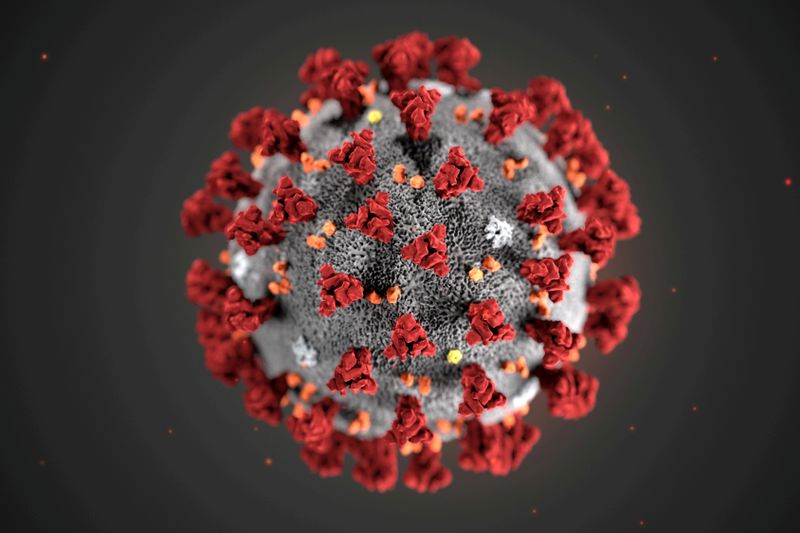(Reuters) – Here’s what you need to know about the coronavirus right now:
Morgues fill up in Texas and Arizona
The United States shattered its daily record for coronavirus infections on Thursday, reporting more than 77,000 new cases as the number of deaths in a 24-hour period rose by nearly 1,000, according to a Reuters tally.
The loss of 969 lives was the biggest increase since June 10, with Florida, South Carolina and Texas all reporting their biggest one-day spikes on Thursday.
More than 138,000 Americans have died from COVID-19, a toll that experts warn will likely surge following recent record spikes in case numbers and an alarming rise in hospitalizations in many states.
The hardest-hit areas in Texas and Arizona are running out of places to store bodies as their morgues fill up and are bringing in coolers and refrigerated trailers.
Third country to reach 1 million cases
India on Friday became the third country in the world to record more than 1 million coronavirus cases, behind only the United States and Brazil, as infections spread further out into the countryside and smaller towns.
For India’s population of around 1.3 billion, experts say a million cases is still low and the number will rise significantly in the coming months as testing is expanded.
The last four months of the pandemic sweeping India have exposed severe gaps in the country’s healthcare system, which is one of the most poorly funded and has for years lacked enough doctors or hospital beds.
‘The stakes couldn’t be higher’
European Union leaders met on Friday for tense summit talks on a multi-billion-euro plan to breathe life into their economies, their first face-to-face meeting since the coronavirus pandemic plunged the bloc into its latest crisis.
The 27 leaders, all masked up, greeted each other with elbow bumps rather than their customary cheek kisses and handshakes, and there were birthday gifts for German Chancellor Angela Merkel and Portuguese Prime Minister Antonio Costa.
But their display of bonhomie came after weeks of cross-continent quarrelling over the scale and scope of a joint rescue fund.
“The stakes couldn’t be higher,” European Commission President Ursula von der Leyen said before the meeting began. “The whole world is watching us.”
Floods maroon PPE
Large parts of China were reeling on Friday from the worst floods in decades, as disruption mounted for supply chains, including of personal protective equipment (PPE), vital in the fight against the novel coronavirus.
The summer rainy season brings floods to China almost every year, but the impact of the disruption they cause is being felt further afield as Chinese goods become more important in global supply chains for various items, including PPE.
“It’s just creating another major roadblock here in terms of PPE getting into the United States – it is the worst of times for it to happen but that’s what we’re dealing with right now,” said Michael Einhorn, president of Dealmed, a U.S. medical supply distributor, which sources disposable lab coats and other products from Wuhan and nearby regions.
“We cannot get product out for over a week, which is a very long time in our business,” he said, adding that the delays could last up to three weeks.
20-minute blood test
Researchers in Australia have devised a test that can determine novel coronavirus infection in about 20 minutes using blood samples in what they say is a world-first breakthrough.
The researchers at Monash University said their test can determine if someone is currently infected and if they have been infected in the past.
“Short-term applications include rapid case identification and contact tracing to limit viral spread, while population screening to determine the extent of viral infection across communities is a longer-term need,” the researchers said in a paper published in the journal ACS Sensors on Friday.
(Compiled by Linda Noakes and Karishma Singh; Editing by Alex Richardson)





















